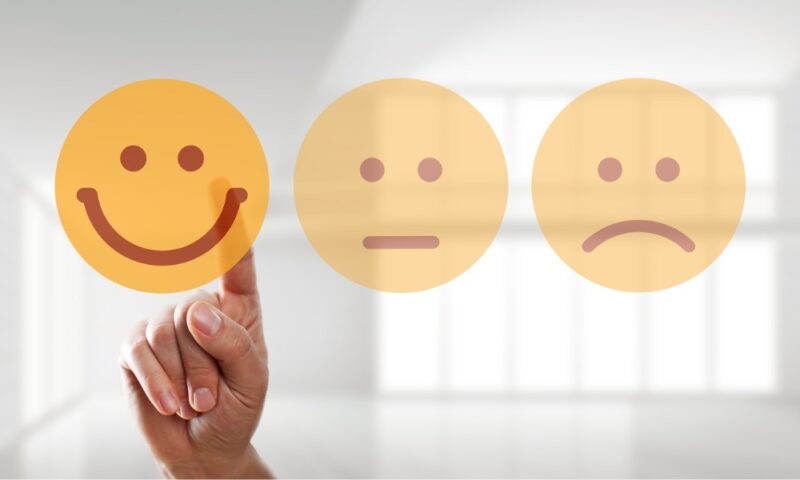
Associations Partner to Address Workplace Health
A group led by the American Heart Association and SHRM Foundation hopes to show improvement for 10 million American workers by 2025.
Two leading associations have partnered to address health inequities in the workplace by providing tools and education for employees and organizational leaders.
The Health Equity in the Workplace Initiative, announced March 13, is a joint effort of the American Heart Association (AHA) and the SHRM Foundation, along with the Deloitte Health Equity Institute. Together, the three members of the initiative have set a goal of enabling “positive health outcomes” for 10 million U.S. workers by 2025.
Health inequities—in which women, people of color, and other marginalized groups are disproportionately susceptible to diabetes, cardiovascular disease, and other ailments—can have a profound impact on workplaces in terms of healthcare costs and productivity. According to a 2022 Deloitte report, those inequities result in $320 billion in annual healthcare spending.
Wendi Safstrom, president of the SHRM Foundation, said conversations among the three groups began in 2021, and in the past year efforts have accelerated beyond sharing data on environmental and social health disparities, as they looked to provide ways for workplaces to take action.
Our north star is optimized health for every single person, and the workplace is a way to achieve that.
Dr. Eduardo Sanchez, American Heart Association
“Our goal is to give leaders the tools and the training they need to take action within their organizations’ four walls,” she said.
The initiative can potentially have an impact beyond the office. Focusing the effort on workplaces can have a multiplier effect, said AHA Chief Medical Officer for Prevention Dr. Eduardo Sanchez.
“When we’re doing workplace-related work, at the very least it’s going to be about the employees and their dependents,” he said. “But it’s also about the places where employers are doing their work, so there’s the ability to harness more than just a focus on the individual. Our north star is optimized health for every single person, and the workplace is a way to achieve that.”
The groups are still discussing what the implementation of the initiative will look like, and how it will define “positive health outcomes.” Its efforts are an extension of AHA’s Well-Being Works Better program, which promotes healthier workplaces. The Deloitte Health Equity Research Institute is well-equipped to provide dedicated research, and the SHRM Foundation, along with its parent association, can provide connections with hundreds of thousands of HR leaders.
“We see it as twofold,” said Safstrom. “It’s educating employers on the economic burden that health inequities are creating, and bringing it to the forefront in terms of how it’s impacting their bottom line. But then we’re providing tools and resources to help advance equity with organizations. We’ll have opportunities to convene and gather our members to talk about these issues.”
The groups also want to provide people with action items and resources.
“There may be a report, but we’re thinking along the lines of training,” Sanchez said. “It’s easy to give somebody a report—that’s the what. But we’re envisioning in engaging in the how—how do you go about making changes?”
(http://www.fotogestoeber.de/iStock)






Comments